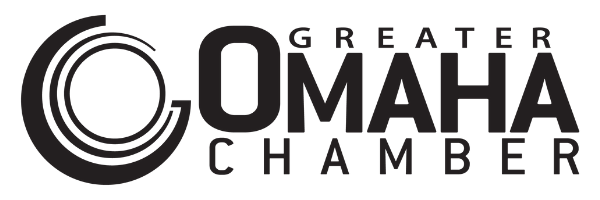Nebraska state senators returned to the State Capitol last week to begin the 109th Legislative Session. The 2025 session brings in 17 new senators to the 49-member body. Since this is the first year of the biennium, the legislation session will last 90 working days and conclude on June 9th. During this time, the Nebraska Legislature will be tasked with passing a new two-year state budget and closing a projected $432 million shortfall.
Legislators began the 2025 session by electing 14 committee chairs. With many previous chairs being term-limited out or seeking different chairmanships, there was a high degree of turnover in committee leadership this session, with 10 new chairs elected, and only 4 chairs from the 108th legislative returning to chair their same committee.
Among the notable new chairs, Senator Ben Hansen (District 16-Blair) was elected chair of the Executive Board, replacing Senator Ray Aguilar (District 35-Grand Island), who left the Legislature. The Revenue Committee also has a new chair for the first time in 6 years, Senator Brad von Gillern (District 4-Omaha).
Yesterday brought Governor Jim Pillen to the legislative chamber to give his third State of the State address. The toplines of the Governor’s annual address included submitting a biennial state budget with a 0.5% reduction in General Fund spending while including strategic capital investments in the UNMC Project Health and USSTRATCOM’s Nuclear Command, Control, and Communications (NC3) Enterprise Center. His priorities also include a rewrite of the K-12 education funding mechanism (known as TEEOSA); a proposal removing Nebraska’s status as a “winner-take-all” electoral state; legislation to ban lab grown meat; a proposal to merge the Nebraska Department of Natural Resources and the Department of Environment and Energy; and several social policy issues. Our initial review of the Governor Pillen’s budget proposal includes several concerning reductions involving important economic development and tax incentive programs. Our team is conducting a deeper analysis about the potential impact to our competitiveness to attract primary job-producing companies and new residents to the region.
This week, the Legislature’s Rules Committee is also reviewing proposed changes submitted by senators, and will have a public hearing today at 1:30 p.m. After the committee deliberates, they’ll advance a tentative set of rules for discussion and vote by the full legislature. It is expected that some contentious proposals will be part of that floor debate.
Additionally, the first ten days of each legislative session are set aside for new bill introduction, which is scheduled to go through January 22 this year. As of yesterday, 311 bills have been introduced, covering a wide range of topics. While most senators normally introduce fewer than 20 bills, 2025 is also the first year of the 20-bill limit per senator. At the Greater Omaha Chamber, we’re taking a particular interest in protecting the recent changes that have made Nebraska’s income and corporate taxes more competitive, as well as ensuring that our state’s tax incentive programs can continue to make Nebraska an attractive place for businesses and news residents.
Finally, we are excited to start off 2025 with two new Public Policy events. Mark your calendars (tentatively) for Friday, March 7th for our inaugural “Politics and Eggs” breakfast event. And we’ll be kicking off our biweekly “Open Zoom” call for members who wish to get an update on legislative activities. Please follow the Greater Omaha Chamber social channels and website for more information on registering.
While your Greater Omaha Chamber Public Policy team is hard at work right now at the State Capitol working to strengthen our business climate, never hesitate to share your insights with us on your state legislative priorities at advocacy@omahachamber.org.
For more information, visit our Public Policy page or contact Jennifer Creager at 402.474.4960.
